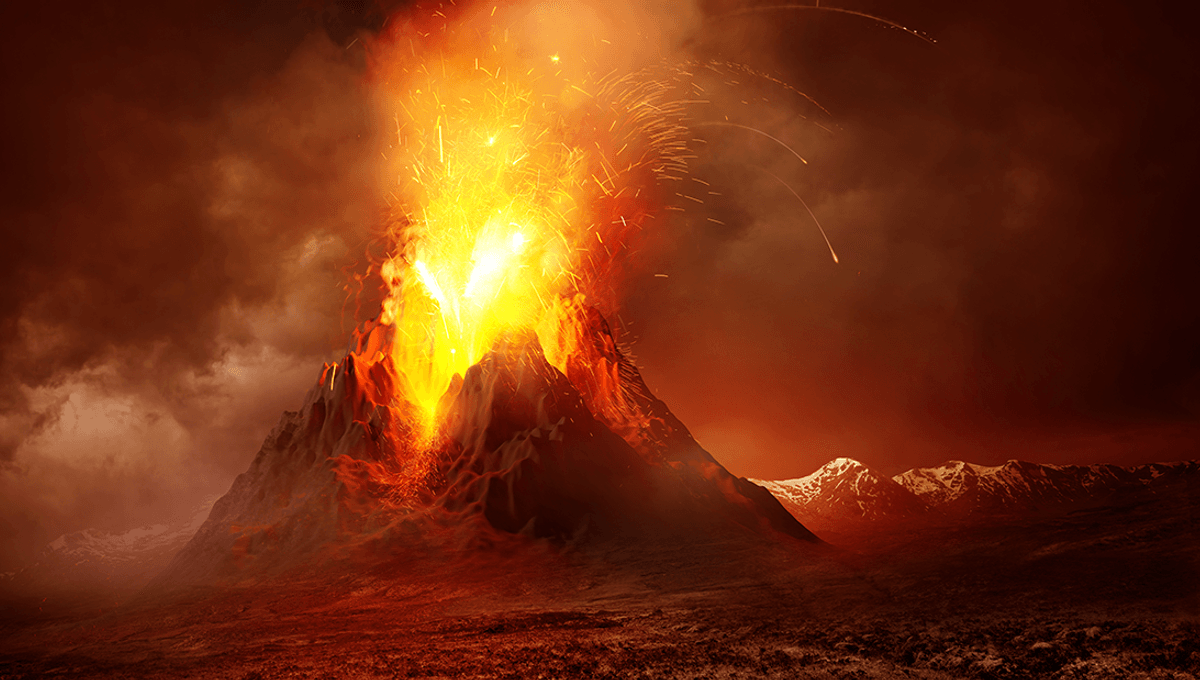
If we are going to find life in the universe, it makes sense to look at conditions on the only planet we know has life (you haven’t missed anything big, that’s still Earth) to see what sort of conditions to look for.
One of these factors, thought to be important to the development of life, are continents and their creator, plate tectonics. While the movements of these plates cause all kinds of problems in earthquakes and volcanic eruptions, overall they help to moderate Earth’s temperature (partly through removing carbon as tectonic plates sink) and keeping us in that “Goldilocks” zone just right for life.
In a new study, Jane Greaves, Professor of Astronomy at Cardiff University, suggests ways we can look for potential Earth-like planets that have plate tectonics, narrowing down the ultimate search for life. Of particular interest was to find planets that have had plate tectonics for longer than here on Earth, giving a longer timescale for life to evolve and potentially surpass our own levels of civilization advancement.
While detecting and inferring plate tectonics on exoplanets has not yet been done, Greaves suggests one way is to look at the host stars. By looking at the chemical makeup of these stars and stars in the local environment, we can infer whether their exoplanets have the right stuff for plate tectonics.
“[R]ising Galactic iron:silicon promotes larger core:mantle proportions, reducing the likelihood of plate tectonics,” the paper explains, adding that “higher radioisotope abundances can hinder planetary dynamos, limiting continents and biospheres”.
On Earth, our gooey mantle is heated by the decay of uranium-238, thorium-232, and potassium-40. These didn’t come from nowhere, but were forged in neutron star mergers and supernovae. According to Greaves, looking for “stellar abundances” of these elements could help us locate planets with biospheres more advanced than our own.
“The outlook seems very promising for finding rocky exoplanets with continents, given that nearby Sun-like stars have already produced a few candidate hosts,” Greaves writes in the paper. “Further investigation, particularly of stellar abundances of thorium and potassium, could help to uncover more old systems where life on land could pre-date that on Earth.”
The study is published in Research Notes of the American Astronomical Society.
Source Link: Exocontinents: How To Look For Civilizations Far More Advanced Than Earth